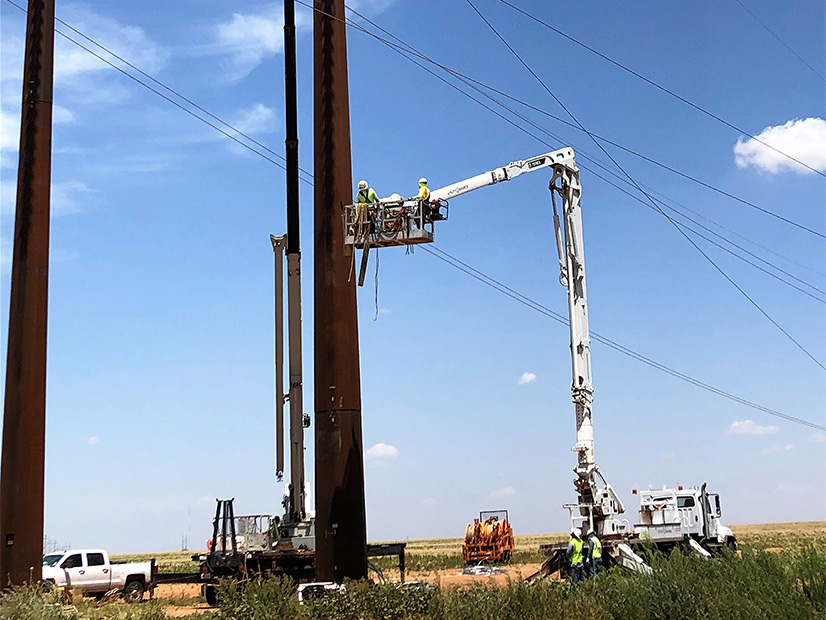FERC has approved two Western utilities’ revisions to their transmission formula rate protocols in their response to a show cause proceeding begun last year.
FERC last week approved two Western utilities’ revisions to their transmission formula rate protocols in their response to a show-cause proceeding initiated last year.
The commission said Thursday that Public Service Company of Colorado (PSCo) (NASDAQ:XEL) and Idaho Power (NYSE:IDA) proposed revisions that are consistent with the standards established in a 2012 order regarding MISO transmission owners and would remedy the show-cause order’s concerns. It directed both companies to submit a compliance filing within 30 days of the orders (EL22-39 and EL22-37, respectively).
FERC opened the proceedings against the two utilities and three others last April under Section 206 of the Federal Power Act. It said the utilities did not appear to provide customers and regulators the ability to challenge rates resulting from the formulas. (See FERC Opens Probes on Western Tx Rate Protocols.)
The commission found that each of the five utilities’ protocols fell short on one or more of the following: “the scope of participation (i.e., who can participate in the information exchange); the transparency of the information exchange (i.e., what information is exchanged); and the ability of customers to challenge transmission owners’ implementation of the formula rate as a result of the information exchange (i.e., how the parties may resolve their potential disputes).”
Neither PSCo, a subsidiary of Xcel Energy, nor Idaho Power refuted FERC’s findings.
PSCo said it would broaden the definition of interested parties to specifically identify the entities that can participate in its annual update process. It also proposed several other changes and said it would clarify that formal challenges by the parties should be filed pursuant to the annual informational filing docket’s protocols.
Idaho Power also said it would adopt MISO’s definition of interested parties that can participate in its annual update process. It proposed several other transparency-related revisions and said it would incorporate informal and formal challenge procedures that satisfy the MISO order’s requirements and provide a structured timeline that allows the review process to be completed before the next year’s posting.
In the MISO order, the commission ruled that the RTO’s protocols inappropriately limited who could participate in the review processes and directed it and TOs to revise them to include all interested parties, including customers under the MISO tariff, state utility regulatory commissions, consumer advocacy agencies and state attorneys general.
Two of the other three show-cause proceedings are still active. FERC has not yet ruled on the PacifiCorp proceeding (EL22-38), but it granted Puget Sound Energy’s request for an extension (EL22-41).
The commission approved Public Service Company of New Mexico’s compliance filing in November (EL22-40).
Commission Accepts Black Hills Compliance
The commission also found that Black Hills Colorado Electric’s (NYSE:BKH) July 2022 compliance filing meets the requirements of FERC Order 864, which addresses excess and deficient accumulated deferred income taxes (ADIT) resulting from tax rate changes (ER22-2377).
FERC in June accepted tariff revisions for Black Hills’ transition from a stated rate to a transmission formula rate, suspending them until Sept. 1, 2022, subject to refund, and established hearing and settlement judge procedures. It also accepted the suggested ADIT worksheets, subject to refund and the compliance proceeding’s outcome.
Tri-State Generation and Transmission Association protested and moved to consolidate the proceedings, saying the worksheets lacked transparency and the level of detail required by Order 864. The commission rejected the argument, finding that the worksheets’ calculation steps “are shown clearly enough for an interested party to be able to verify that the calculations were done correctly.”
FERC dismissed Tri-State’s motion to consolidate the proceedings, accepting the compliance filing as just and reasonable without need for a trial-type evidentiary hearing.




